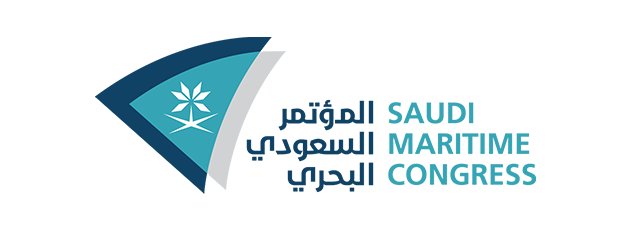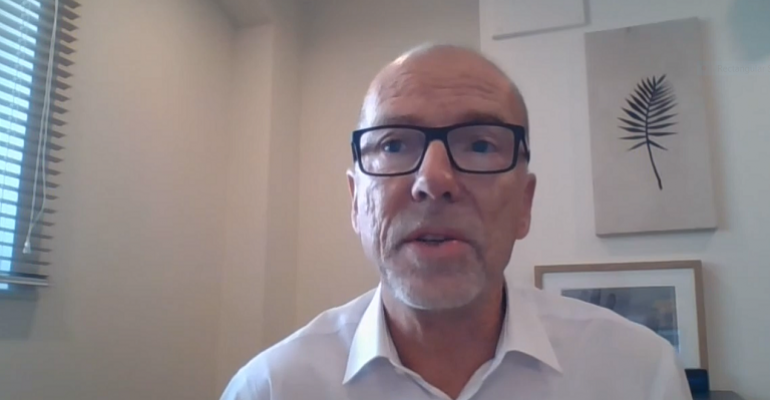Speaking at a Saudi Maritime Congress Webinar Tim Power, managing director of Drewry noted container lines had “ruthlessly cut capacity” to preserve freight rates in the face of Covid-19.
Jesper Kjaedegaard, board member and advisor for Macura Group, explained that in rationalization of capacity lines had focused on keeping ultra-large containerships in service. “Carriers have consolidated their networks by maximizing the use of larger vessels and the redelivery of as many vessels as they could in the 6,000 teu segment."
This shift has an impact on port and terminal operators. “The focus on larger ships has had a significant effect on most ports and transshipment hubs. Many gateway ports have been faced with blank sailing,” he explained.
“The end result is fewer ships will call the port but with a higher number of boxes per ship to be handled and this of course means the dynamics of competition within a port area could be affected as those operators with a deeper draught and higher productivity will have a better position to terminal operators who have limited berth capacity and draught to accommodate ultra-large vessels.
“We continue to see fewer, but larger vessels deployed between Asia and Europe. But not all ports are able to accommodate vessels with a deeper draught and those ports will be marginalized.”
Looking specifically at the impact in the Middle East region and its ports and terminals Kjaedegaard explained: “Ports such Aqaba, Damman, Bahrain and Kuwait will feel the effect of the move to larger vessels as these vessels tend to call fewer ports, and often with an aim to suspend or eliminate smaller services with direct calls to the ports just mentioned. What this leads to is a greater dependency on transhipment and this perhaps is why port operators in this region have made investments in feeders in this region.”
Both DP World and Abu Dhabi Ports have made investments in the feeder sector.
Looking specifically at the Kingdom of Saudi Arabia, Jens Floe, ceo of Red Sea Gateway Terminals said, “The Kingdom along with other markets has naturally seen a significant impact from Covid,” however, “In general positively surprised by the robustness of this market.”
There has been an increase in transhipment volumes and local import volumes have also been impacted by Covid and a rise in Value Added Tax (VAT).
Copyright © 2024. All rights reserved. Seatrade, a trading name of Informa Markets (UK) Limited.
Add Seatrade Maritime News to your Google News feed.  |

